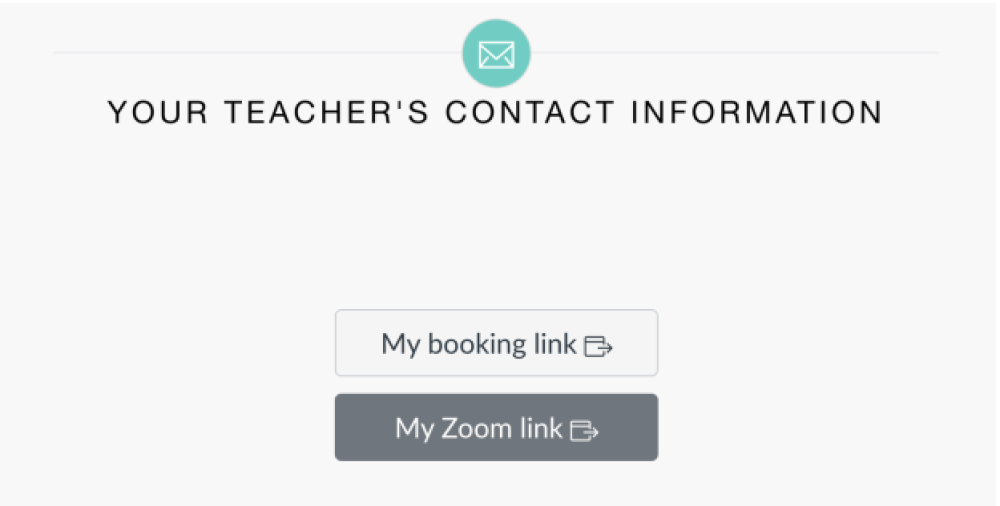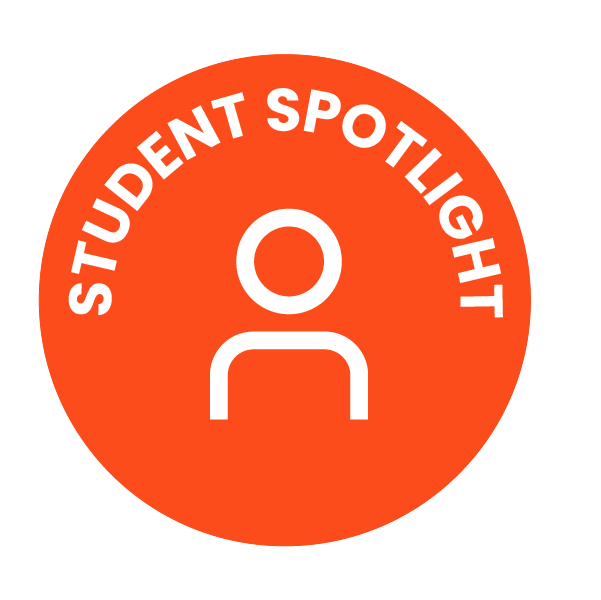Expanding My Academic Horizons with GOA
GOA courses were introduced to me right before my freshman year of high school, a stage in my learning journey where I desired out-of-school opportunities to pursue my interests in healthcare, writing, and psychology. I decided to take Fiction Writing, a course that developed my creative writing skills through an iterative process with constant constructive feedback. This course was unlike any other I had taken in school before, as combining the independent learning environment with the many Canvas engagement opportunities (i.e. student discussion boards, synchronous Zoom meetings, etc) led to a unique learning experience.
Global Collaboration
I took Medical Problem Solving I, a class that catalyzed my interest in the medical field, two summers ago. I delved into the mechanics of a diagnosis, social issues within healthcare, and the methods used in reviewing medical literature in a student-led, collaborative environment. Our class was filled with students from a variety of diverse backgrounds, hailing from Hawaii to South Korea. For a group case assignment, we were assigned a patient, Laurel, who had a particularly confusing set of symptoms and there was disagreement within our group on what her official diagnosis statement would be. However, through the Zoom meetings across time zones, messages on Twist, and pages of research notes, we ended up on a specific and accurate diagnosis. Without my groupmates, I would not have landed on a diagnosis and treatment plan as catered and specific as the one we collaboratively created. Through the collaborative work done within this course, I learned that a light-bulb moment regarding diagnosis doesn’t happen independently or in isolation, which was an indispensable lesson. Most importantly, I gained a lot of insight into the diagnostic process and how collaboration could potentially work in healthcare.
Communicating and collaborating with like-minded peers from all different cultural backgrounds, nationalities, etc was probably one the most rewarding experiences from all of my GOA courses. Within Medical Problem Solving I, it was incredibly valuable to see different approaches to diagnosis and treatment. More specifically, treatment plans created by peers often varied not only based on what procedures or medications were regionally or culturally accessible to the patient but also to themselves personally. In Abnormal Psychology, a GOA course I took last summer, we had opportunities to delve into this concept further. A majority of the course was focused on different approaches to diagnosing and presentation of mental illnesses based on different cultural perceptions of mental health. These discussions were invaluable and previously inaccessible to me at my Minneapolis school.
Self-Advocacy in an Online Learning Space
Within the many courses through GOA, I never felt like I was stranded; I could always reach out to my site director, GOA teacher, and peers within the course for support. In fact, I could regularly sign-up for Zoom meetings with my teacher to clarify instructions for an assignment or ask specific questions, like I frequently did during my CS Java course, or schedule a meeting with my site director for assistance regarding time-management and schoolwork.

Often, a GOA teacher will encourage one-on-one meetings by offering their schedules, usually through a booking link, and a personalized Zoom meeting link. While most of a GOA course typically is asynchronous, there are occasional, and sometimes weekly, synchronous Zoom meetings. This is especially crucial in a course like Medical Problem Solving I. To understand the impact of disease and the most culturally sensitive way to relay a diagnosis to a patient, it is necessary that I interact with peers from different communities. The role of these synchronous meetings was to voice my concerns or learn of my progress within the course and synthesize information and grow my understanding of course material with other students.
Student discussion and reflection assignments were also crucial in developing self-advocacy skills. Through various self-assessments and reflection opportunities offered in all of my GOA courses, I was able to evaluate my mastery in core competencies, such as the ability to curate content relevant to world issues. Whether through a quick check-in assignment or the weekly GOA student support email notifications, I was able to maintain my Canvas presence and engage with course material consistently, furthering my understanding.
Cultivating the Future of My Independent Learning Journey
As I continue through my high school career, I strive to uphold GOA’s mission of collective learning in both my school and independent learning journey. I plan to take Medical Problem Solving II this upcoming summer, and hopefully have the opportunity to collaborate with peers in an online learning medium on various medical cases. Through my future GOA courses, I hope to reveal issues relevant to my community here in Minneapolis and globally.
Samantha S. is a GOA Ambassador and Student at The Blake School.
For more, see:
- What Online Learning Can Offer Students
- Student Spotlight: Thriving in Student-Led Learning
- Student Spotlight: From Fiction Writing to Microeconomics - A Student’s Journey with GOA Courses

This post is part of our Student Spotlight series, where we feature stories from students who take GOA courses. Are you a current or former GOA student who would like to contribute or be interviewed for a Student Spotlight article? Or, are you an educator who has a recommendation for a student for us to feature? Email us at hello@globalonlineacademy.org with the subject title “Student Spotlight.”
GOA serves students, teachers, and leaders and is comprised of member schools from around the world, including independent, international, charter, and public schools. Learn more about Becoming a Member. Our professional learning opportunities are open to any educator or school team. Follow us on LinkedIn and Twitter. To stay up to date on GOA learning opportunities, sign up for our newsletter.
